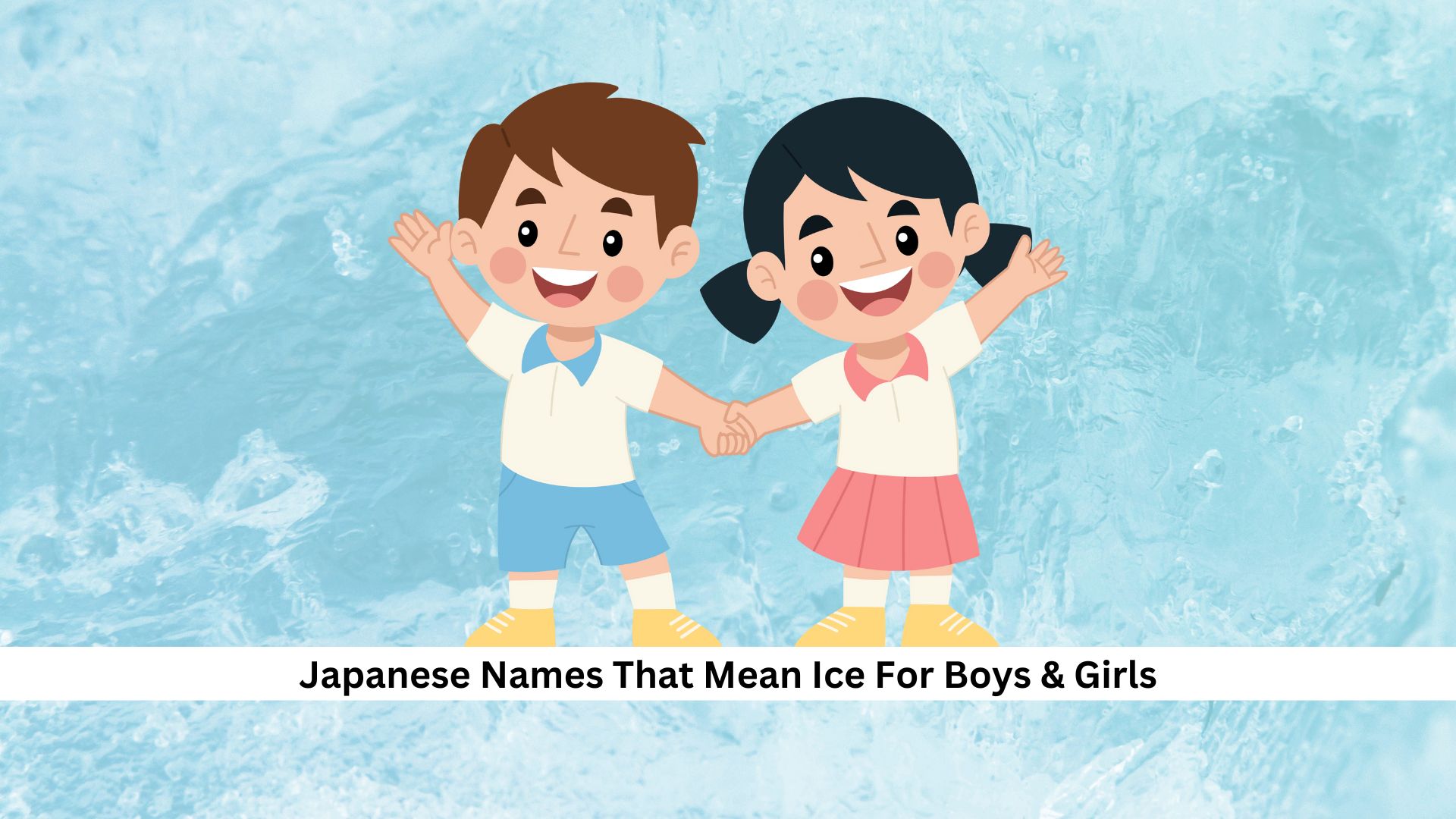When we look at Japanese names related to ice, we find a beautiful blend of language and cultural meaning. Names like Hyō and Shirayuki are more than just names. They pack in meanings of clarity, toughness, and calm—qualities we see in ice. As we explore these names for boys and girls, we see how they tell stories about people’s connections with nature and their cultural identity. So, let’s have a look at the list of the best Japanese names that mean ice.
Japanese Names That Mean Ice for Boys
Exploring Japanese names for boys that mean ice is quite interesting. It shows how much value is placed on strength, purity, and resilience. Consider names like Hyō and Kōri, both meaning ice. They highlight the clear, strong nature of ice. These names don’t just talk about ice’s qualities; they also reflect admirable human traits: clear goals, pure intentions, and the ability to overcome tough times.
- Hyo (氷) – “Ice,” directly means ice, symbolizing cold and frozen water.
- Reiji (冷児) – “Cold child,” combining “rei” meaning cold, and “ji” meaning child.
- Koori (氷) – “Ice,” directly means ice, representing frozen water.
- Hyoga (氷河) – “Glacier,” with “hyo” meaning ice and “ga” meaning large, symbolizing a massive body of ice.
- Shimo (霜) – “Frost,” directly means frost, representing the cold coating on surfaces.
- Kouri (氷晶) – “Ice crystal,” combining “ko” meaning ice, and “uri” meaning crystal, symbolizing a clear, frozen crystal.
- Hyou (氷) – “Ice,” directly means ice, symbolizing cold and frozen water.
- Rikyu (涼流) – “Cool stream,” combining “ri” meaning cool, and “kyu” meaning stream, symbolizing cold flowing water.
- Hyouga (氷牙) – “Ice Fang,” combining “hyou” meaning ice, and “ga” meaning fang, symbolizing sharp, icy formations.
- Kori (氷道) – “Ice path,” with “ko” meaning ice and “ri” meaning path, symbolizing a frozen way.
- Hyourin (氷冷) – “Ice cold,” combining “hyou” meaning ice, and “rin” meaning cold, representing an extremely cold state.
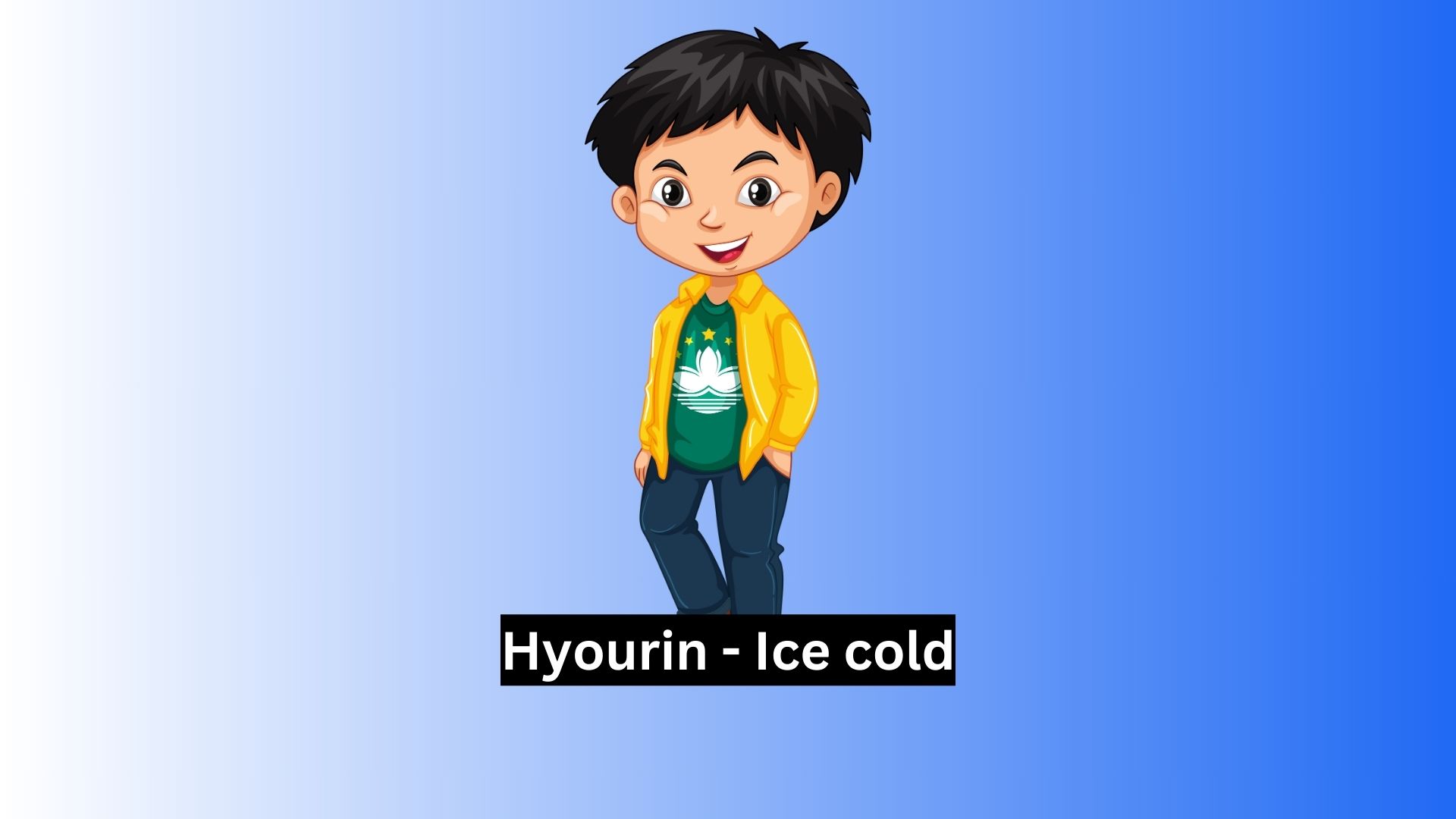
- Kouru (凍る) – “To freeze,” directly means to freeze, symbolizing the process of becoming ice.
- Hyouki (氷気) – “Ice spirit,” combining “hyou” meaning ice, and “ki” meaning spirit, symbolizing a spirit of ice.
- Hyorin (氷林) – “Ice forest,” with “hyo” meaning ice and “rin” meaning forest, symbolizing a forest covered in ice.
- Kouki (光氷) – “Shining ice,” combining “kou” meaning shining, and “ki” meaning ice, symbolizing ice that glitters.
- Koorin (氷輪) – “Ice wheel,” with “koo” meaning ice and “rin” meaning wheel, symbolizing a circular formation of ice.
- Koumi (氷美) – “Ice beauty,” combining “kou” meaning ice, and “mi” meaning beauty, symbolizing the beauty of ice.
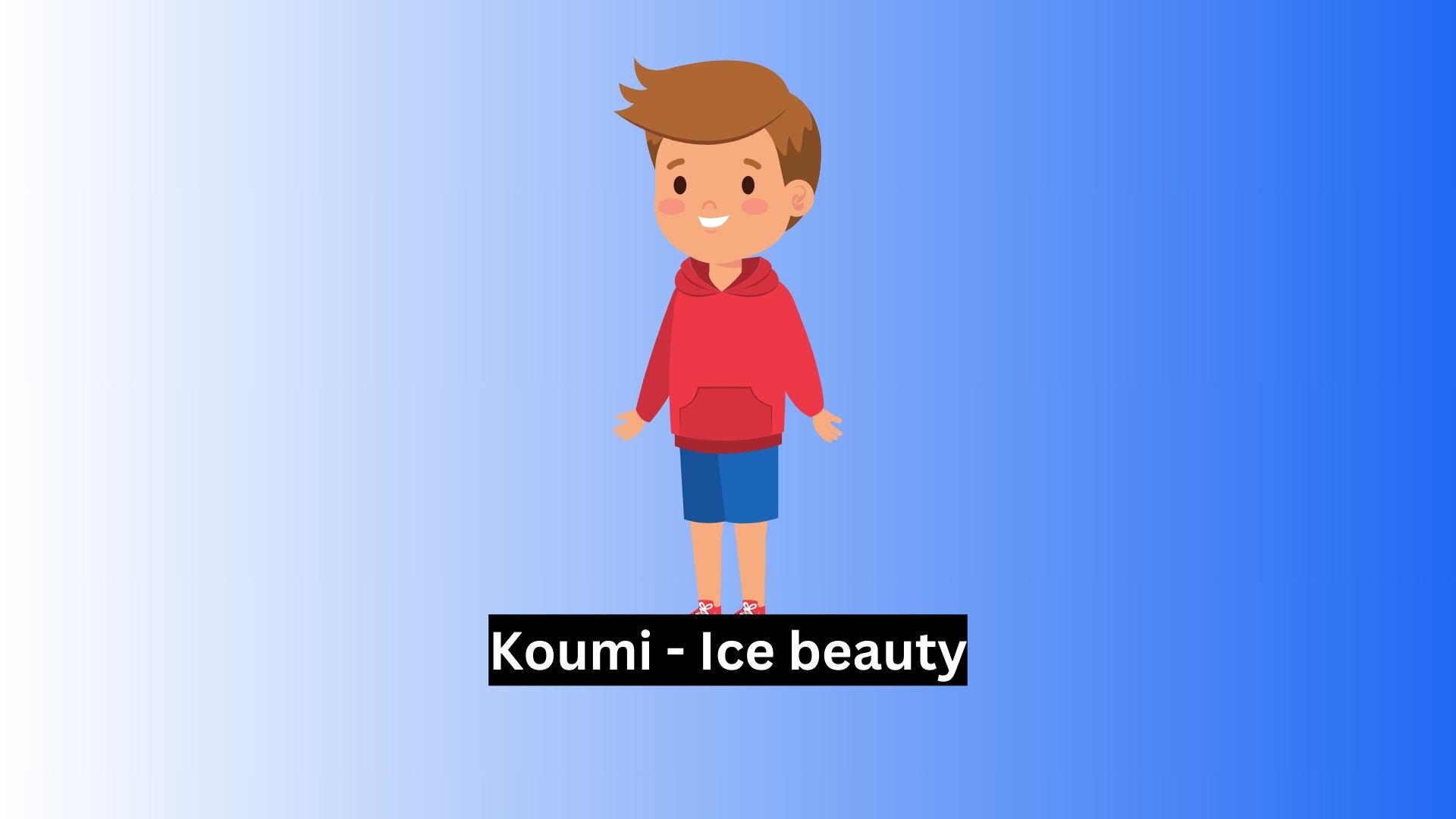
- Hyosei (氷星) – “Ice star,” with “hyo” meaning ice and “sei” meaning star, symbolizing a star-like ice formation.
- Hyozen (氷禅) – “Frozen meditation,” combining “hyo” meaning ice, and “zen” meaning meditation, symbolizing calmness in cold.
- Hyomi (氷実) – “Ice fruit,” with “hyo” meaning ice and “mi” meaning fruit, symbolizing a frozen fruit.
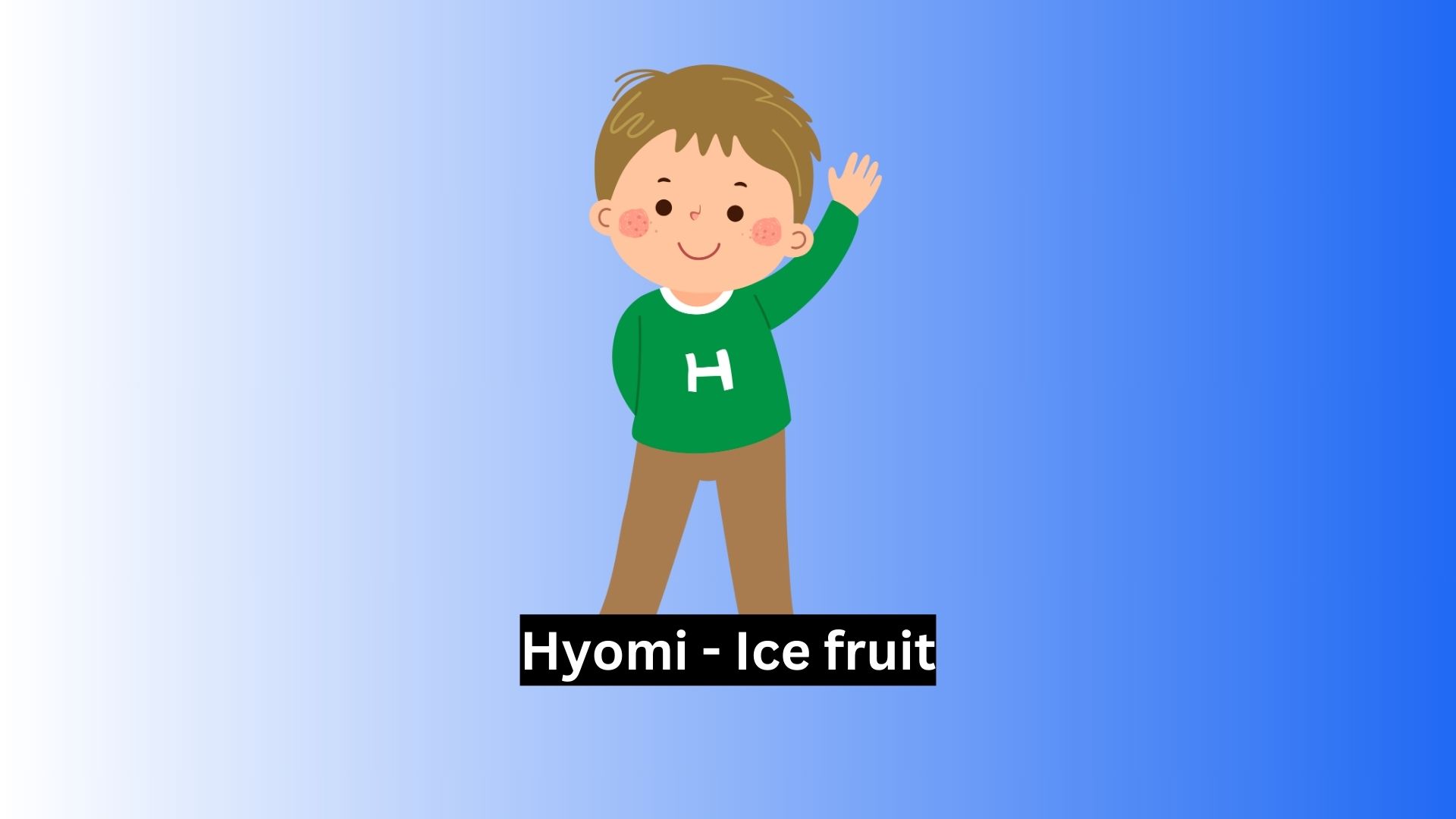
- Hyosuke (氷助) – “Ice assistant,” combining “hyo” meaning ice, and “suke” meaning assistant, symbolizing one who helps in cold.
- Hyouma (氷馬) – “Ice horse,” with “hyou” meaning ice and “ma” meaning horse, symbolizing a horse in icy conditions.
- Korin (氷林) – “Ice grove,” combining “ko” meaning ice, and “rin” meaning grove, symbolizing a grove covered in ice.
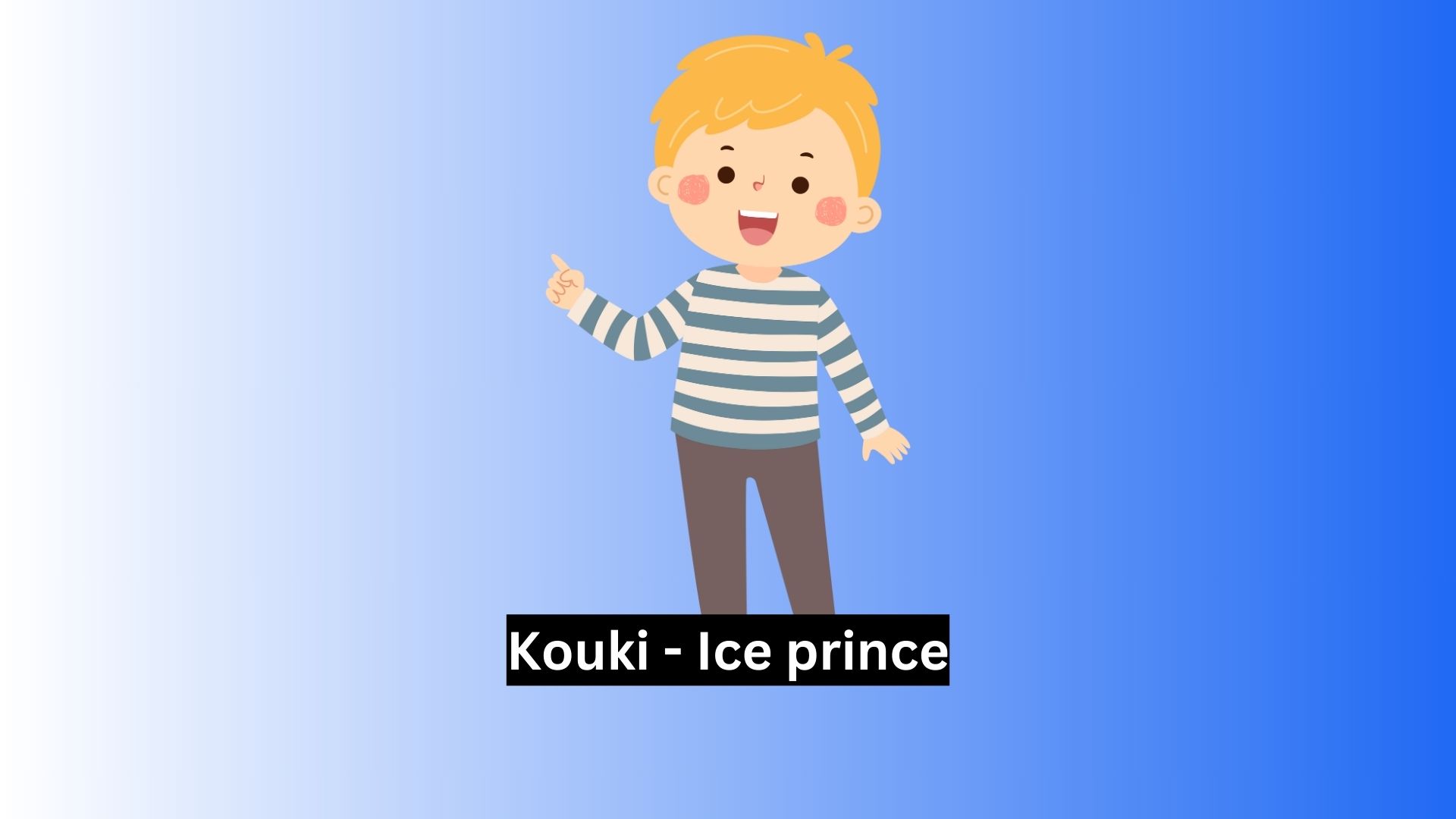
- Kooru (凍る) – “Freezing,” directly means freezing, symbolizing the act of turning into ice.
- Hyougi (氷木) – “Ice wood,” with “hyou” meaning ice and “gi” meaning wood, symbolizing frozen trees or wooden structures.
- Kouji (氷時) – “Ice time,” combining “kou” meaning ice, and “ji” meaning time, symbolizing a period of ice or cold.
Japanese Names That Mean Ice for Girls
Exploring Japanese names for girls that mean ice is quite interesting. These names are often inspired by nature, showing how important it is for the culture to be in sync with the environment. Each name isn’t just about ice; it also tells us about values like clarity and change.
- Aisu (アイス) – “Ice,” directly means ice, symbolizing cold and frozen water.
- Tsuyu (露結) – “Frozen Dew,” combining “tsu” meaning dew, and “yu” meaning frozen, symbolizing dew that has turned to ice.
- Hyouka (氷香) – “Ice fragrance,” combining “hyou” meaning ice, and “ka” meaning fragrance, symbolizing the crisp, fresh scent of ice.
- Yuki (雪子) – “Snow child,” directly means snow child, symbolizing a child associated with snow.
- Reira (冷羅) – “Cold spirit,” combining “rei” meaning cold, and “ra” meaning spirit, symbolizing a spirit of cold.
- Yuko (雪子) – “Snow child,” directly means snow child, representing a child associated with snow.
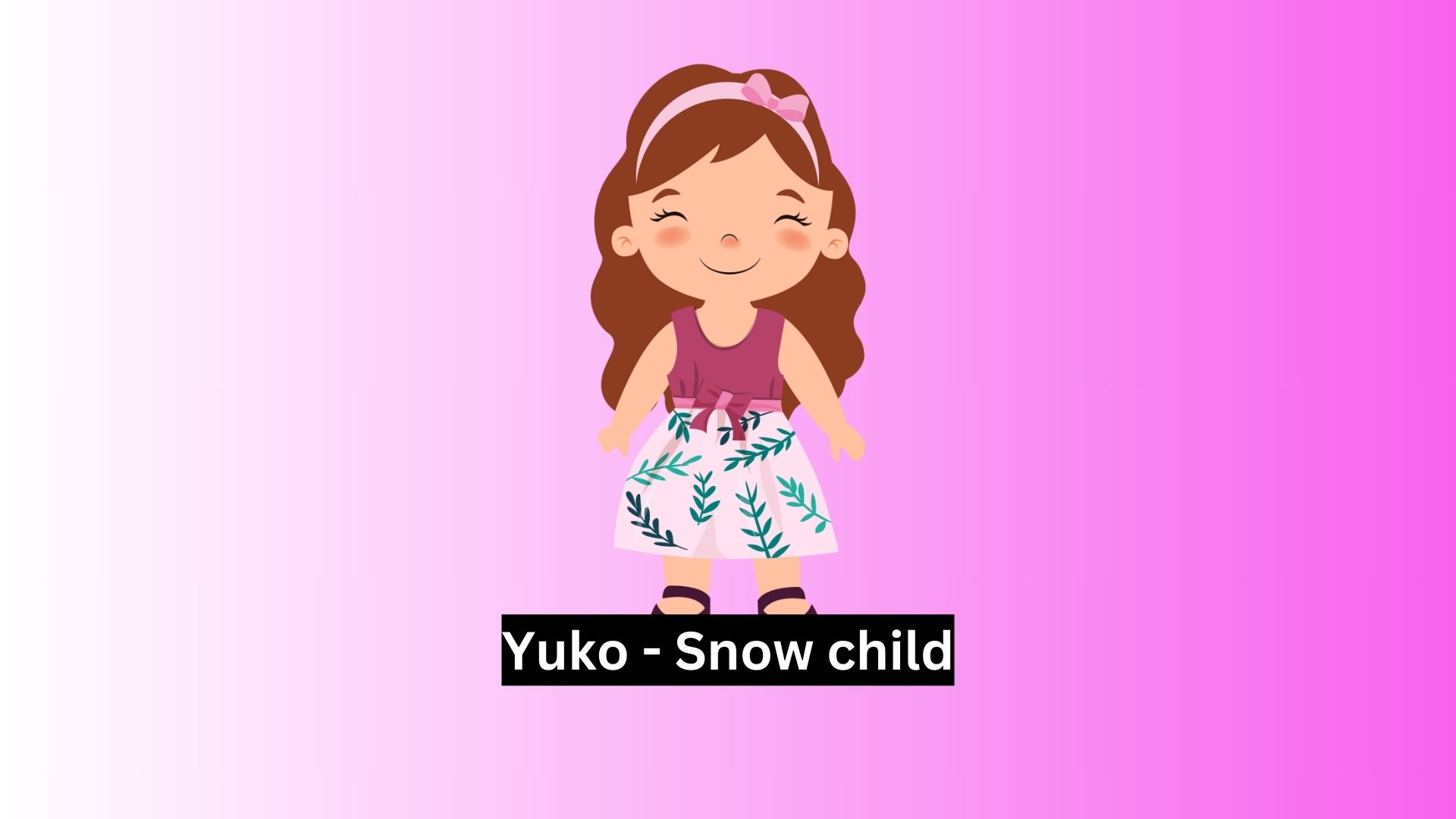
- Reiha (冷葉) – “Cold leaf,” combining “rei” meaning cold, and “ha” meaning leaf, symbolizing a leaf covered in frost.
- Yukari (雪里) – “Snow Village,” combining “yuki” meaning snow, and “ri” meaning village, symbolizing a village covered in snow.
- Yukine (雪音) – “Snow sound,” combining “yuki” meaning snow, and “ne” meaning sound, symbolizing the quiet sound of falling snow.
- Reimi (冷美) – “Cold beauty,” combining “rei” meaning cold, and “mi” meaning beauty, symbolizing the beauty of coldness.
- Hyoka (氷花) – “Ice blossom,” combining “hyou” meaning ice, and “ka” meaning blossom, symbolizing a flower blooming in ice.
- Yukiho (雪歩) – “Snow walk,” combining “yuki” meaning snow, and “ho” meaning walk, symbolizing walking through snow.
- Hyori (氷鳥) – “Icebird,” combining “hyou” meaning ice, and “ri” meaning bird, symbolizing a bird in icy conditions.
- Yukimi (雪見) – “Snow view,” combining “yuki” meaning snow, and “mi” meaning view, symbolizing a scenic view of snow.
- Hyoko (氷子) – “Ice child,” combining “hyou” meaning ice, and “ko” meaning child, symbolizing a child associated with ice.
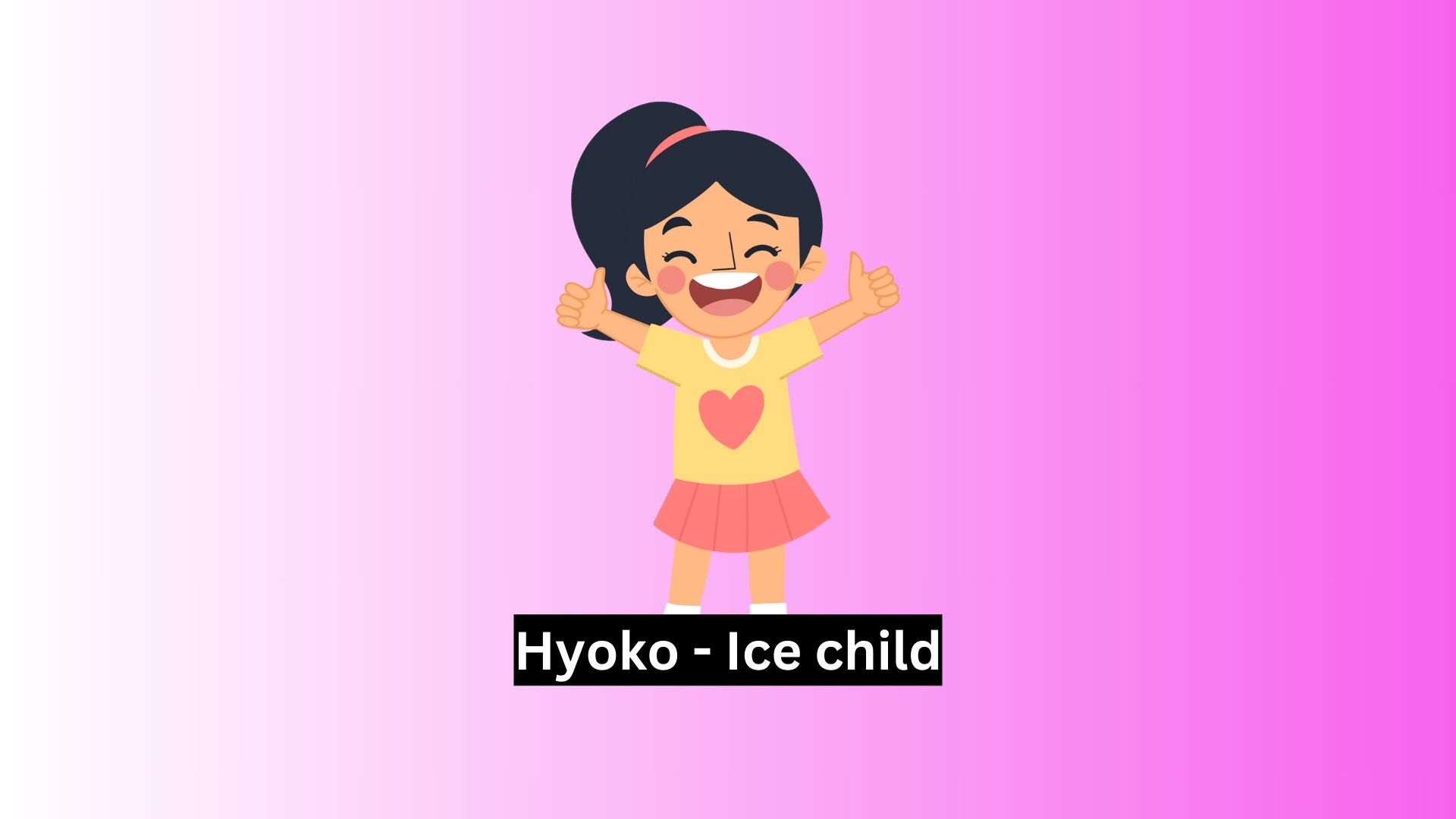
- Yukina (雪菜) – “Snow greens,” combining “yuki” meaning snow, and “na” meaning greens, symbolizing greenery covered in snow.
- Reiko (冷光) – “Cold light,” combining “rei” meaning cold, and “ko” meaning light, symbolizing the cool light of winter.
- Yukira (雪羅) – “Snow silk,” combining “yuki” meaning snow, and “ra” meaning silk, symbolizing the soft, delicate nature of snow.
- Yukiko (雪鳩) – “Snow dove,” combining “yuki” meaning snow, and “ko” meaning dove, symbolizing a dove in snowy conditions.
- Reika (冷霞) – “Cold mist,” combining “rei” meaning cold, and “ka” meaning mist, symbolizing a cold, foggy mist.
- Yukiha (雪羽) – “Snow feather,” combining “yuki” meaning snow, and “ha” meaning feather, symbolizing the lightness of snowflakes.
- Reina (冷菜) – “Cold vegetable,” combining “rei” meaning cold, and “na” meaning vegetable, symbolizing plants in cold conditions.
- Yukino (雪野) – “Snowfield,” combining “yuki” meaning snow, and “no” meaning field, symbolizing a field covered in snow.
Conclusion
In conclusion, Japanese names related to ice show how much the culture values nature and what it stands for. These names do more than just identify someone; they tell stories and carry deep meanings that link people to their cultural roots and the environment. Take ‘Yuki,’ which means snow, or ‘Hyōma,’ which refers to the space between ice. Each name reflects important cultural beliefs and views. Keep visiting The Jeep Diva for more such articles.

Fahmea Shorok is a well-traveled writer who focuses on entertainment journalism. Her work reflects her journeys and showcases her flexible writing style. She explores local art scenes wherever she goes, giving her readers a close look at the entertainment found around the world in theaters, movies, and art galleries.

